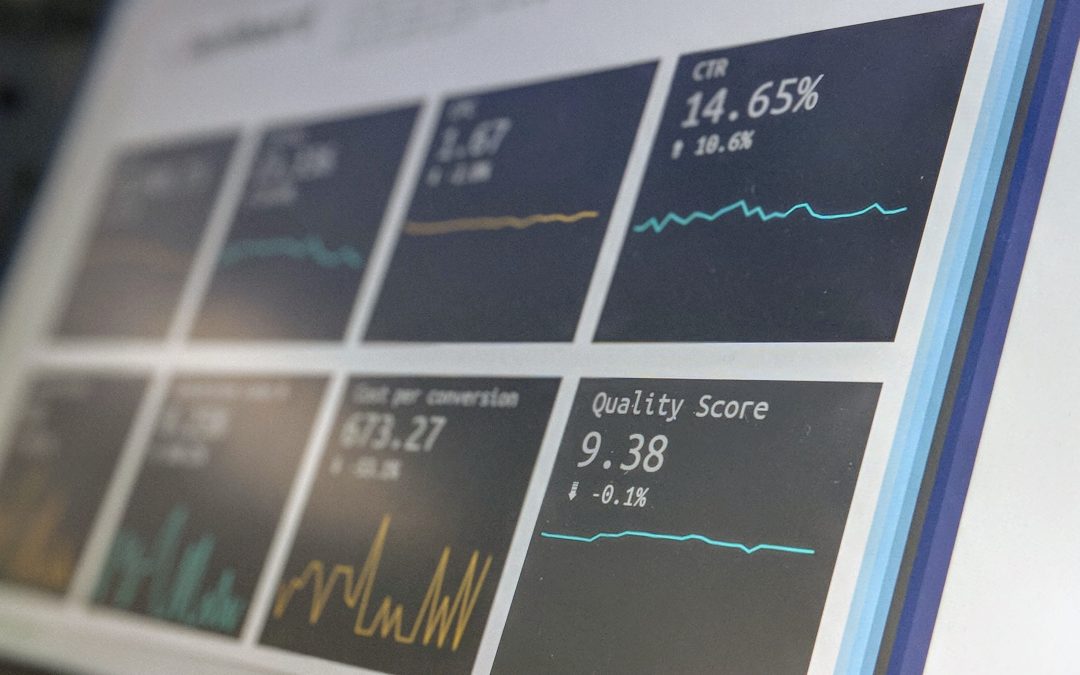Strong competitive intelligence gives you an edge in competing for grant funding. It gives you a greater understanding of how your assets and goals, compared to those of others in the market, can shape your strategy and ultimately, your proposal. Competitive intelligence gathering is not just about research, but about making decisions based on actionable information.
Before you get started, it’s best to determine the information you need to know and how it impacts your work. For instance, maybe you are working on an Alzheimer’s related project — who else is doing work in the field? How can you differentiate yourself from them so you can secure a grant? Remember, positioning your product in the marketplace and in the funding agency’s view is all about demonstrating the differentiation of your product such that is improves the standard of care or state of the art.
One of the biggest aspects of useful competitive intelligence gathering is knowing where to gather it from, and what resources you can use in preparing, analyzing, and applying this information. Read on for our tips and tricks!
What is Competitive Intelligence?
Competitive (or corporate) intelligence refers to the process of gathering information that can help your business gain a competitive advantage, in an ethical way. This might include information on competitors, customers, or other information related to your specific market or industry.
This information can be gathered in a variety of ways, but the goal is always the same- to gain knowledge that will help you make better decisions for your business.
Look at Others’ Work
One way to gain competitive intelligence is by looking into what others in your industry are doing. NIH Reporter is an excellent resource to gather information about what grants have been funded. This search engine can source awards by company/institution; funding agency; year and keyword, among others. Some people are filing Freedom of Information Act requests to see others’ successful grant applications, but there’s also a way to take a look at research studies, both publicly and privately funded. ClinicalTrials.gov is a database of research studies, including a summary of the protocol, the purpose, recruitment status, and eligibility criteria. Some include study results. For researchers, this is useful in seeing what others are doing, how those developments are impacting your field, and what needs remain unmet.
The North Carolina Biotechnology Center is also a good place to look for information, with help from the Life Science Intelligence team, which gives market and scientific insight so companies can make strategic decisions with an advantage. Often times, industry organizations have information on member companies that is accessible to other member organizations.
Building a Story
An obvious place to collect information on a competitor is through that competitor’s website and social activity. Most businesses today have an extensive digital footprint. From the content on their website to the events they post about on LinkedIn, you can start to put together that organization’s story and upcoming activity.
Customer activity can also provide intel that can help you gather information on a competitor. Pay attention to customer reviews and conversations on the web to see what people are saying about your own organization/product and others in your industry. You can even set Google alerts to keep an eye on a certain topic or company.
You can also check out Grant Engine’s list of life science companies organized by state, which includes support organizations and information with a regional focus.
Call us at 650-937-9164, email greatscience@grantengine.com, or contact us online. We’re experts at differentiation, as well as information gathering, and our work will help you make a difference.


Recent Comments